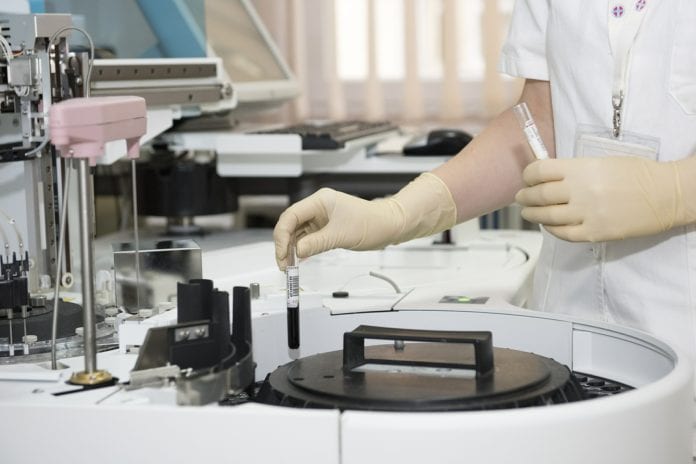A new article published online by JAMA Oncology takes a look at the omission of medical context or the use of inflated descriptions and how they can lead to misunderstandings among readers. Vinay Prasad, M.D., M.P.H., of the Oregon Health & Science University, Portland, and coauthors examined the use of modest and superlative descriptors in news articles regarding cancer drugs.
The authors searched for 10 superlatives (breakthrough, game changer, miracle, cure, home run, revolutionary, transformative, life saver, groundbreaking and marvel) in conjunction with the term "cancer drug" in a Google news search earlier this year between June 21 and June 25.
The authors found 94 articles from 66 news outlets with 97 superlative mentions meeting the study criteria and referring to 36 specific drugs. Half of the drugs described had not yet received approval from the U.S. Food and Drug Administration for at least one indication.
The most common class of drugs referenced was targeted therapy (17 of 36), nine cytotoxic drugs, five immunotherapy checkpoint inhibitors, three cancer vaccines, one radiotherapy and one gene therapy. Superlatives were used most often to refer to targeted therapy and an immunologic checkpoint inhibitor. For 5 of the 36 drugs (14 percent), superlatives were used in the absence of clinical data, according to the results.
Most of the 97 superlatives were used by journalists (55 percent); physicians (27 percent); industry experts (9 percent); patients (8 percent) and one member of Congress (1 percent). In 55 percent of the cases, the superlative was used by the author of the article without any other attribution.
"A range of speakers used superlatives but the majority were journalists (55 percent), who may not have the expertise to identify the most promising medical therapies, or what magnitude of benefit warrants a superlative. The use of superlatives is common in cancer research news articles. Some of this use may be questioned," the authors conclude.
So what do you think? What effect do you think this has on the healthcare industry and more importantly our patients? Share your thoughts in the comments section below.


